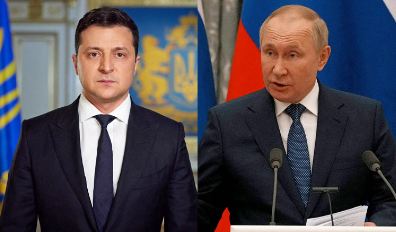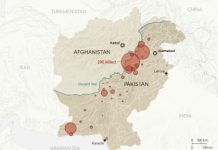Russian President Vladimir Putin’s recent announcement expressing willingness to engage in dialogue with Ukraine marks a significant moment in the ongoing war. After more than two years of brutal conflict, the Kremlin’s indication that it may be open to negotiation offers a glimmer of hope for a war-weary region and a concerned international community. Yet, this potential shift towards diplomacy comes with a caveat — there is still no confirmed date or framework for a ceasefire, casting doubt over the sincerity and immediacy of this overture.
Equally important is the response from Kyiv. Ukrainian leadership has shown readiness to participate in talks and has voiced support for a cessation of hostilities. President Volodymyr Zelensky and his administration have consistently maintained that peace must be achieved through meaningful dialogue, though not at the cost of Ukraine’s sovereignty or territorial integrity. The current posture from both sides suggests that diplomacy, long overshadowed by guns and missiles, may once again be on the table.
However, optimism must be tempered by caution. Russia’s previous signals toward diplomacy have often been contradicted by actions on the ground. The lack of a declared ceasefire or even a date for beginning talks makes it difficult to assess how serious Moscow truly is about ending the conflict. Without a concrete timeline or conditions, the announcement risks being little more than a political maneuver to relieve international pressure or manipulate the narrative ahead of global summits.
For Ukraine, the stakes are equally high. Any negotiations must ensure that the sacrifices of its people are not in vain and that peace does not come at the cost of unjust concessions. Ukraine’s insistence on a full withdrawal of Russian forces and the restoration of its territorial boundaries remains central to any future settlement.
The international community must play a constructive role in this critical moment. Western powers, including the EU and the U.S., should encourage dialogue while also ensuring that any peace process is grounded in international law and justice. Neutral countries and international organizations such as the UN could help broker and monitor discussions to ensure transparency and fairness.
In conclusion, while Putin’s announcement and Ukraine’s willingness to engage in dialogue represent a step away from confrontation, peace remains elusive until both sides commit to an immediate and verifiable ceasefire. Words alone cannot end wars — only actions can. The world watches and waits, hoping that this moment marks the beginning of the end of a devastating chapter in European history.

















